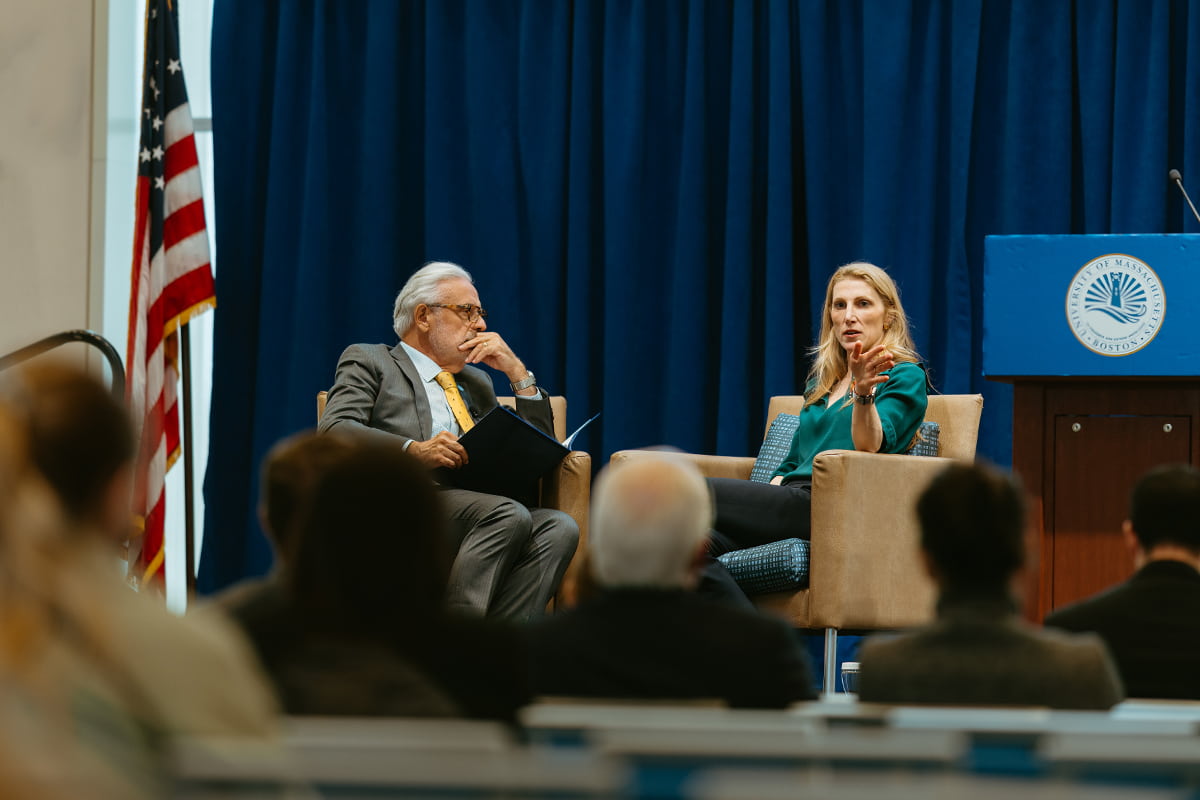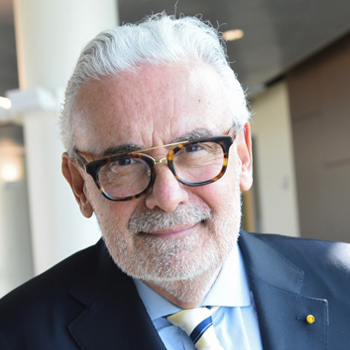- Home
- News
- Recent News
- The Era of Climate Resilience
The Era of Climate Resilience
We are in the age of climate resilience. The climate crisis is transforming where and how we live and challenging human health, economic well-being, and planetary support systems.

As one scholar recently noted, its accelerating pace “…is outstripping the rate of technological advance” and, in turn, our ability to mitigate its most dire, catastrophic impacts.
In our forthcoming volume From Climate Crisis to Climate Resilience, Scripps Institute of Oceanography scientist Ram Ramanathan and I articulate a plea for a new way to navigate the climate crisis and protect people and ecosystems. It is known as MAST – Mitigation, Adaptation, and Social Transformation. While mitigation of emissions is essential, it is insufficient by itself. “We need to complement mitigation with adaptation to cope with the additional heating of the planet in the coming decades. And we need to complement mitigation and adaptation with societal transformation to survive, thrive, and evolve into a sustainable way of living. An evolution to a sustainable way of living is essential to build and protect a habitable planet for our progenies and future generations.”
When I became chancellor of UMass Boston in 2020, I designated building climate resilience as a top priority. I understood that Boston’s premier public research university, overlooking Boston Harbor, was duty-bound to advance public understanding of the climate crisis and generate scalable solutions to support urban climate resilience in the region through our research, teaching, and service.
Our strategic plan, For the Times, sets out four Grand Scholarly Challenges – issues of great consequence and relevance to individuals, families, and communities – that embody the values that underpin UMass Boston’s scholarly excellence. One of them is Climate Equity and Urban Coastal Areas.
A theme that drives our climate research is cultivating an ethic of environmental care: research that examines what it means for people and communities to experience the impacts of extreme climate fluctuations and informs real-time solutions that are both nature-based and technology-smart to bolster resilience.
UMass Boston has emerged as a key partner in city and statewide efforts focused on climate resilience planning. Our collaboration with Climate Ready Boston – and now, Boston’s Office of Climate Resilience – has helped produce one of the nation's most robust city-led climate programs in our country.
At a seminar on warming oceans last spring, UMass Boston faculty researchers explained the university’s keen interest in contributing research and best practices to the development of resilience strategies for Boston and the Commonwealth – integrating climate adaptation into municipal planning and helping shape “resilience marketplaces” of innovative businesses, products, and services.
For example, faculty research at our School for the Environment has generated tools and insights that advance carbon cycling in coastal wetlands, renewable energy technologies, remote sensing of climate impacts on ocean ecosystems, and other climate adaptation and mitigation areas.
At our Urban Harbor Institute, faculty and students have partnered with municipalities to research issues of concern such as fisheries and access to water resources, provide technical assistance in assessing local strengths and vulnerabilities, and prioritize action plans to enhance coastal resilience.
Last fall, our Stone Living Lab spearheaded the historic installation of Living Seawalls panels at two Boston Harbor locations, designed to create habitat for marine life on what would otherwise be inhospitable flood barriers. The Living Seawalls will potentially improve water quality and soften wave impact.
Meanwhile, during her 2023 Convocation speech, UMass Boston alumna and former EPA administrator Gina McCarthy noted the inherent unfairness that those least responsible for the climate crisis are being forced to cope with its worst impacts. “We can’t fix the planet and leave the most impacted communities behind,” she said. “Climate mitigation and environmental justice are two sides of the same coin.”
UMass Boston faculty have also addressed this dimension of the climate crisis. A study from our Sustainable Solutions Lab explored climate resilience from the perspectives of Asian American, Black, Latino, and Native American residents in Boston, noting health impacts, preparedness, and responses. The Lab also received an NSF grant to assist in establishing the Climate Inequality and Integrative Resilience Center at UMass Boston, which will aim to research the links between inequality and climate resilience.
Finally, to deepen the climate conversation at UMass Boston, I led scientists, social scientists, researchers, governors, and mayors worldwide in developing a Planetary Protocol for Climate Resilience at a three-day global climate summit at the Vatican last May.
I also established the Chancellor’s Lecture Series to engage distinguished thought leaders. The series opened with Dr. Ram Ramanathan, who presented a strategy for bending the emissions curve and building resilience to climate stress. Last spring, Dr. Vanessa Kerry discussed the profound impacts of climate stress on global public health. And last fall, Dr. Kongjian Yu, a renowned landscape architect and urban planner, discussed engineering sustainable, climate-resilient sponge cities.
As the climate crisis continues to unfold, UMass Boston research will play an increasingly important role in fighting the one battle we cannot afford to lose.

Chancellor, UMass Boston